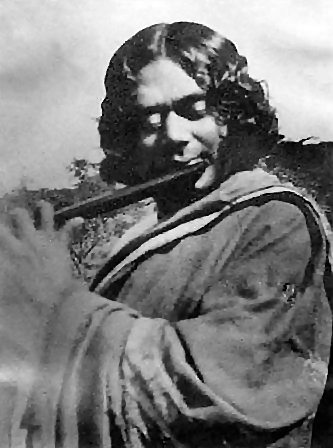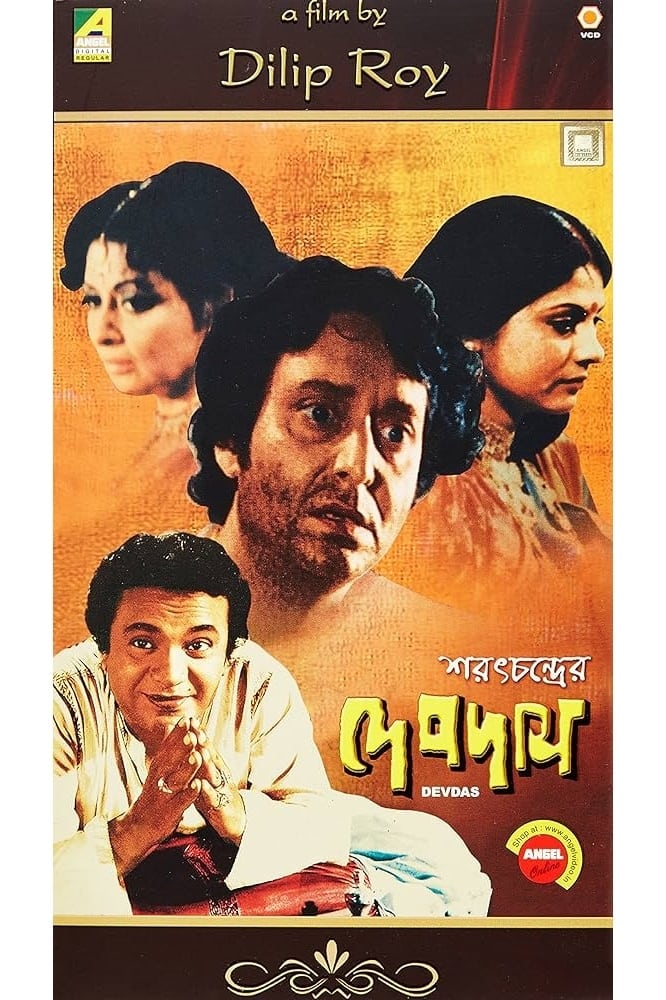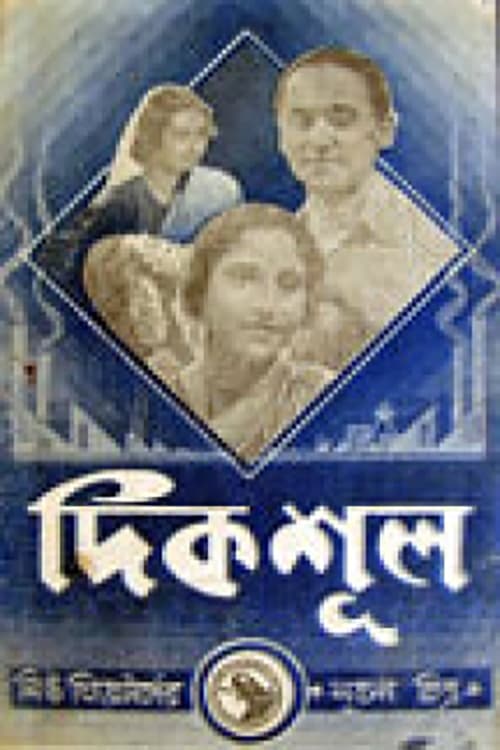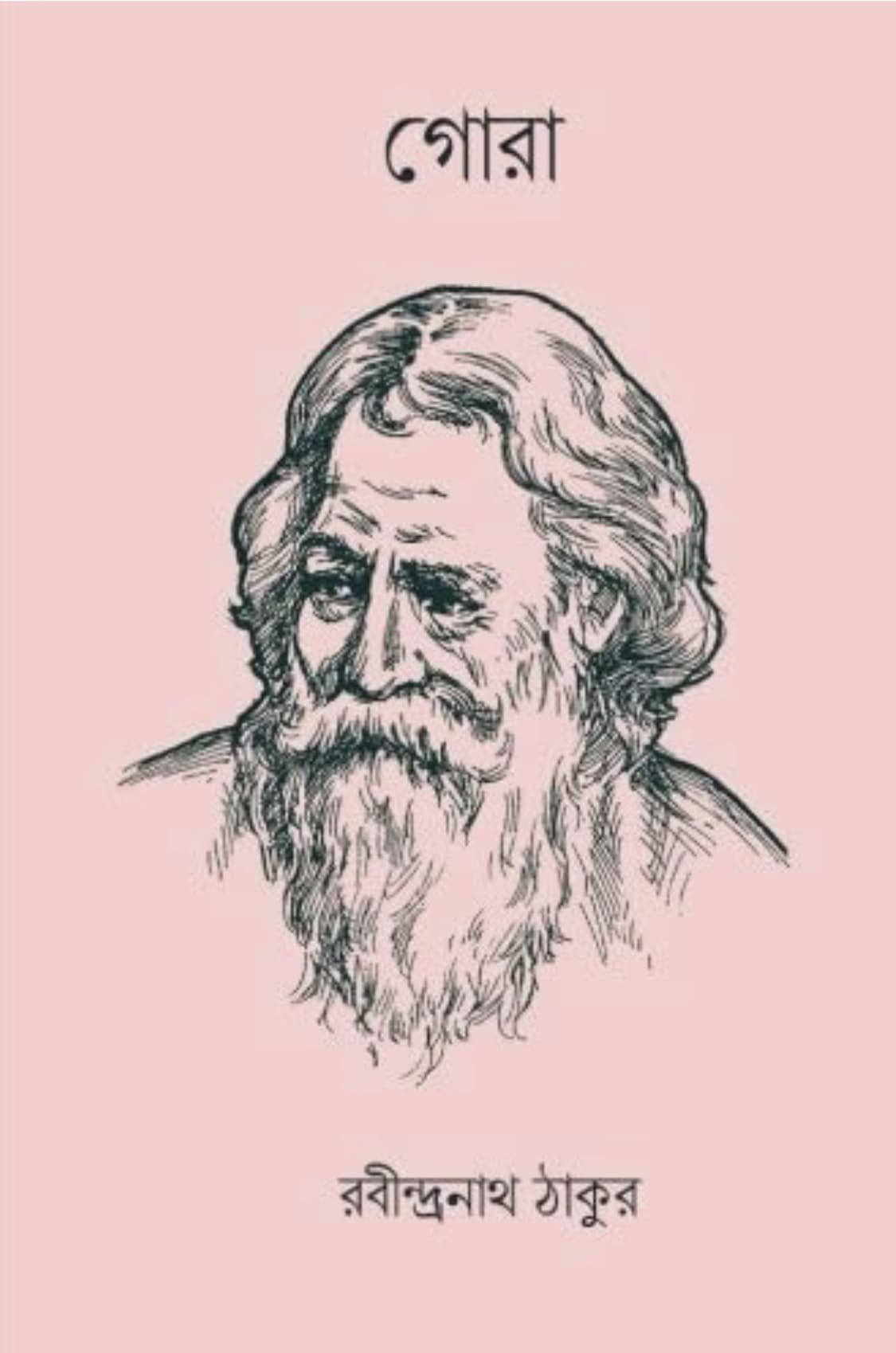Biography
Kazi Nazrul Islam (Bengali: কাজী নজরুল ইসলাম, pronounced [kad͡ʒi ˈnod͡ʒɾul islam] ; 24 May 1899 – 29 August 1976), popularly known as Nazrul, was a Bengali poet, writer, musician, and is revered as the national poet of Bangladesh. Regarded as one of the greatest poets in Bengali literature, Nazrul produced a large body of poetry, music, messages, novels, and stories with themes that included equality, justice, anti-imperialism, humanity, rebellion against oppression and religious devotion. Nazrul Islam's activism for political and social justice as well as writing a poem titled as "Bidrohī", meaning "the rebel" in Bengali, earned him the title of "Bidrohī Kôbi" (Rebel Poet). His compositions form the avant-garde music genre of Nazrul Gīti (Music of Nazrul).Born into a Bengali Muslim Kazi family hailing from Burdwan district in Bengal Presidency (now in West Bengal, India), Nazrul Islam received religious education and as a young man worked as a muezzin at a local mosque. He learned about poetry, drama, and literature while working with the rural theatrical group Leṭor Dôl, Leṭo being a folk song genre of West Bengal usually performed by the people from Muslim community of the region. He joined the British Indian Army in 1917 and was posted in Karachi. Nazrul Islam established himself as a journalist in Calcutta after the war ended. He criticized the British Raj and called for revolution through his famous poetic works, such as "Bidrohī" ('The Rebel') and "Bhangar Gan" ('The Song of Destruction'), as well as in his publication Dhūmketu ('The Comet'). His nationalist activism in Indian independence movement led to his frequent imprisonment by the colonial British authorities. While in prison, Nazrul Islam wrote the "Rajbôndīr Jôbanbôndī" ('Deposition of a Political Prisoner'). His writings greatly inspired Bengalis of East Pakistan during the Bangladesh Liberation War.
Nazrul Islam's writings explored themes such as freedom, humanity, love, and revolution. He opposed all forms of bigotry and fundamentalism, including religious, caste-based and gender-based. Nazrul wrote short stories, novels, and essays but is best known for his songs and poems. He introduced the ghazal songs in the Bengali language and is also known for his extensive use of Arabic, Persian and Urdu words in his works.Nazrul Islam wrote and composed music for nearly 4,000 songs (many recorded on HMV gramophone records), collectively known as Nazrul Gīti. In 1942 at the age of 43, he began to be affected by an unknown disease, losing his voice and memory. A medical team in Vienna diagnosed the disease as Pick's disease, a rare incurable neurodegenerative disease. It caused Nazrul Islam's health to decline steadily and forced him to live in isolation. He was also admitted in Ranchi (Jharkhand) psychiatric hospital for many years. At the invitation of the Government of Bangladesh, Nazrul Islam's family took him to Bangladesh and moved to Dhaka in 1972. He died four years later in 1976.
Filmography
Ratings
Information
Known ForWriting
GenderMale
Birthday1899-05-24
Deathday1976-08-29 (77 years old)
Birth PlaceChurulia, India
ReligionSunni Islam
ChildrenKazi Sabyasachi
CitizenshipsDominion of India, British Raj, Bangladesh, India
AwardsIndependence Award in Literature, Ekushey Padak, Padma Bhushan
This article uses material from Wikipedia.
 Kazi Nazrul Islam
Kazi Nazrul Islam- Filmography
- Information



